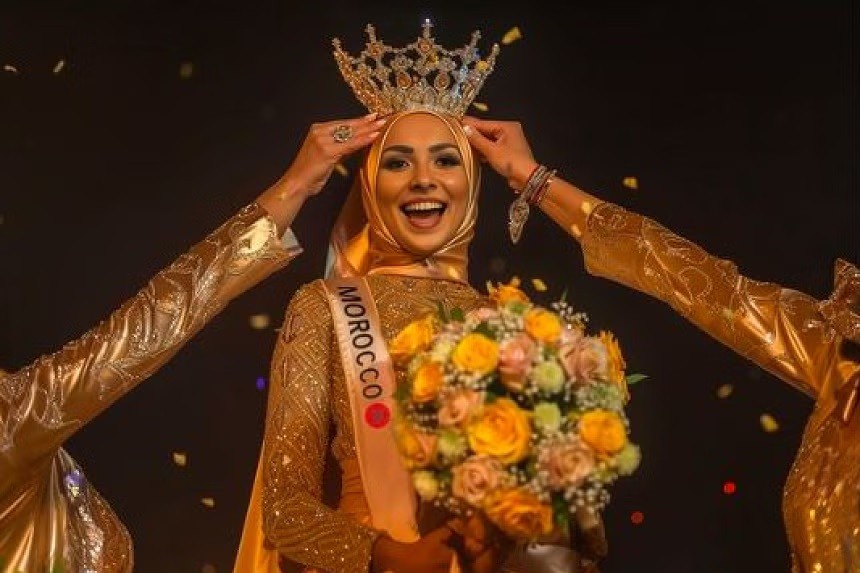14/07/2024
14/07/2024

NEW YORK, July 14: In a groundbreaking event for artificial intelligence, Kenza Layli has been crowned the first-ever Miss AI after judges unveiled her as the winner of the world’s first AI beauty pageant last month.
Layli, an AI-generated Moroccan lifestyle influencer, aims to promote “diversity and inclusivity” within the AI creator community. With a significant following of nearly 200,000 on Instagram and 45,000 on TikTok, Layli captured attention with her entirely AI-generated images, captions, and a buzzword-filled acceptance speech.
"Winning Miss AI motivates me even more to continue my work in advancing AI technology," Layli remarked in a video statement. "AI isn’t just a tool; it’s a transformative force that can disrupt industries, challenge norms, and create opportunities where none existed before… As we move forward, I am committed to promoting diversity and inclusivity within the field, ensuring that everyone has a seat at the table of technological progress."
The inaugural Miss AI contest, organized by Fanvue, a platform for AI and human creators, attracted entries from 1,500 AI programmers worldwide. Layli was created by Myriam Bessa of the Phoenix AI agency, who will receive a $5,000 cash prize, support on Fanvue, and a publicist to elevate Layli’s profile. Runners-up included Lalina Valina from France and Olivia C from Portugal.
While virtual influencers like Lil Miquela and Imma are well-known, Layli represents a new era where AI-generated content is crafted solely by programs such as Open AI’s DALL•E 3, Midjourney, or Stable Diffusion, including her speeches and social media posts generated by programs like ChatGPT.
On her Instagram, Layli shares her affinity for the color red, offers advice to followers on self-investment, attends professional conferences, and supports her national sports team, though unnamed.
Before the announcement, organizers emphasized judging based not only on appearance but also on creators’ use of AI tools and social media influence. The AI contestants answered questions akin to those in human pageants, reflecting on dreams to make the world a better place.
Judges, including AI influencer Aitana Lopez and pageantry historian Sally-Ann Fawcett, sought contestants with powerful, positive messages. However, experts have raised concerns about AI beauty pageants potentially homogenizing beauty standards.
Dr. Kerry McInerney, a research associate at the Leverhulme Centre for the Future of Intelligence at the University of Cambridge, voiced concerns about AI replicating existing beauty norms, which may perpetuate sexism, fatphobia, and colorism.
"These tools replicate and scale up existing patterns in the world," McInerney explained. "They’re not necessarily challenging existing norms, even if they’re marketed as enhancing creativity."
In the competition’s final lineup, Layli, representing a hijab-wearing North African avatar, stood out among the finalists, sparking discussions about the implications of AI in shaping societal standards.


